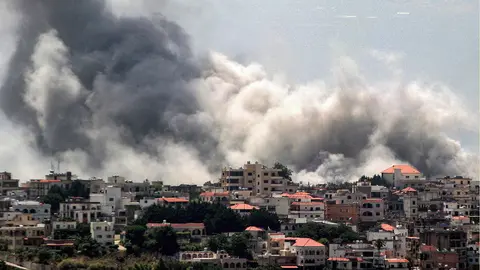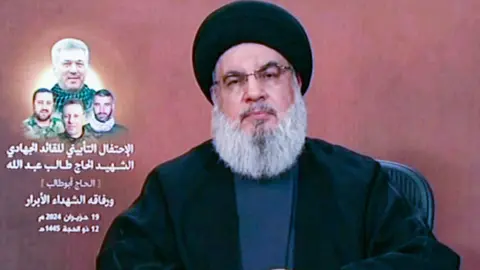Hezbollah fires more than 200 shells at Israel in retaliation for commander's death
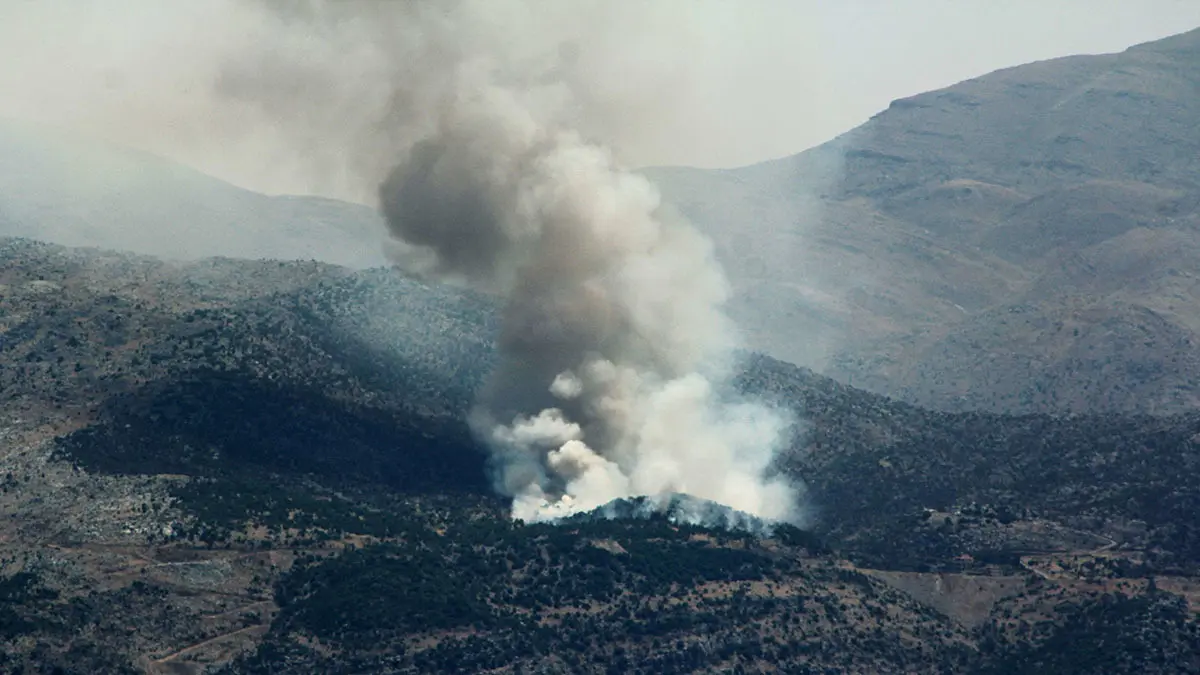
Hezbollah claims to have launched more than 200 rockets and 20 drones at northern Israel in response to the death of one of its commanders, Mohammed Nasser, in an Israeli air strike in the Lebanese city of Tyre.
Nasser, one of the highest-ranking commanders eliminated so far, led a Hezbollah unit responsible for launching attacks from southwestern Lebanon against Israeli territory. Last month Israel also eliminated Taleb Abdullah, another commander at the same level as Nasser who led the Nasr unit, one of three regional divisions in southern Lebanon.
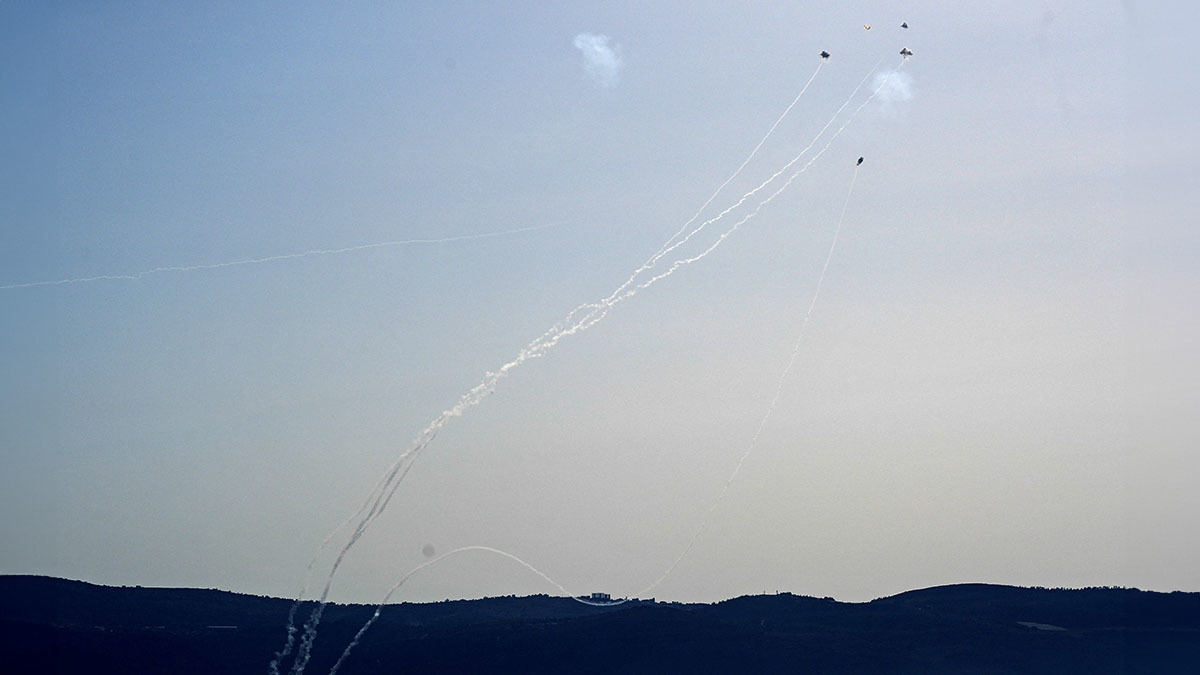
The recent retaliation by the Iranian-backed Lebanese group has been one of the most intense since the border conflict erupted in October. Air raid alarms have been sounded not only in the border communities, but also in the southern Golan Heights and in coastal towns such as Nahariya and Acre.
According to The Jerusalem Post, these attacks - several of them intercepted by air defence systems - have resulted in injuries and fires in certain areas in the north.
NORTHEN ISRAEL ON FIRE 🔥
— Open Source Intel (@Osint613) July 4, 2024
Firefighters in northern Israel are currently battling 10 different fires.@DocumentIsrael pic.twitter.com/uV0f1BJQWd
Hezbollah began firing shells at Israel following an attack by its Palestinian ally Hamas on 7 October and does not intend to cease its offensive until a ceasefire is reached in the Gaza Strip. "If there is a truce in Gaza we will stop without any discussion," Shi'ite militia deputy leader Sheikh Naim Kassem said during an interview with the Associated Press.
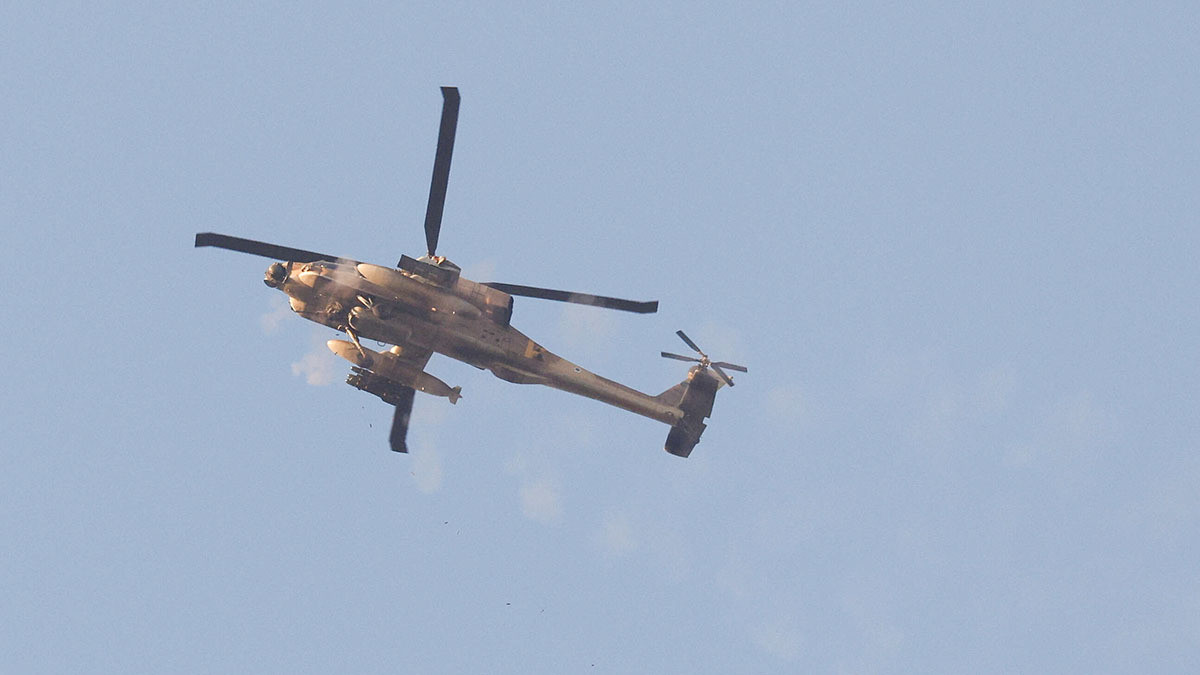
Kassem told the news agency that Hezbollah's involvement in the war between Israel and Hamas serves as a "support front" for its ally, so that "if the war stops, this military support will no longer exist".
The conflict in the Palestinian enclave began after a Hamas attack in which 1,200 Israelis were killed and 250 others kidnapped. In response, Israel launched an air and ground offensive against Gaza that has left more than 37,000 dead, according to Hamas-controlled Gazan health authorities.

In the midst of this war, hostilities with Hezbollah, especially since late May, have heightened fears of a full-scale conflict between Israel and the Lebanese militia, a scenario that would have devastating consequences for both sides
For the moment, the fighting has already forced thousands of people to flee their homes on both sides of the border. Similarly, Israeli attacks in Lebanon have left more than 300 Hezbollah fighters dead, as well as 87 civilians, according to a Reuters tally. In Israel, meanwhile, the Shi'ite organisation's offensive has killed 18 soldiers and 11 civilians.
#BREAKING: Rockets fired towards northen Israel, several rockets intercepted pic.twitter.com/hN8fZCqWWc
— Amichai Stein (@AmichaiStein1) August 6, 2021
The United States has stepped up diplomatic efforts to try to reach a solution that avoids open war. This is, in fact, the main objective of the Lebanese political authorities, since a conflict would plunge the country of cedars even deeper into the instability it has suffered for years.
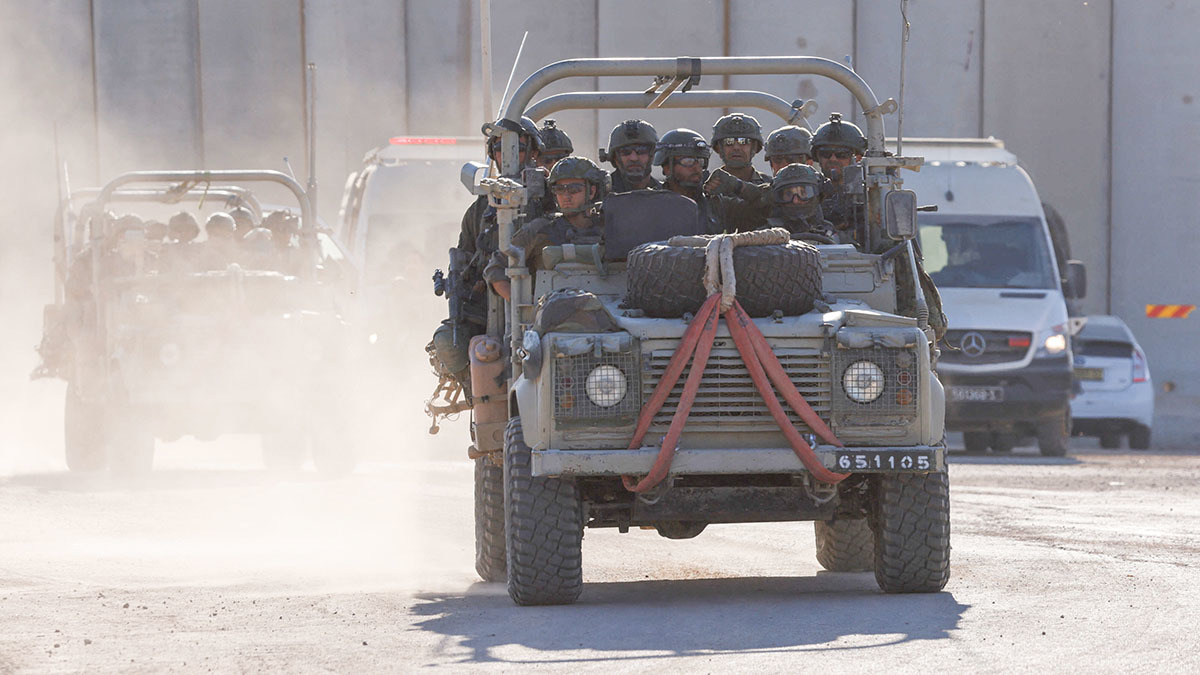
In his latest speech, Hezbollah leader Hassan Nasrallah said that the militia was not seeking "all-out war" but would be willing to fight if necessary, asserting that "there would be no safe place" in Israel in such a situation.
Coinciding with the recent Hezbollah attacks, Israeli Defence Minister Yoav Gallant has stressed that Israeli forces are attacking Hezbollah "very hard every day" and will be ready to take any necessary action against the group. However, he also indicated that Israel's preference is for a negotiated settlement.
Hezbollah, a far more powerful and better prepared organisation than Hamas, possesses a large arsenal of rockets and missiles capable of striking anywhere in Israel. Moreover, an all-out war with the pro-Iranian Lebanese militia would be a new front when Israeli military efforts remain focused on Gaza.

